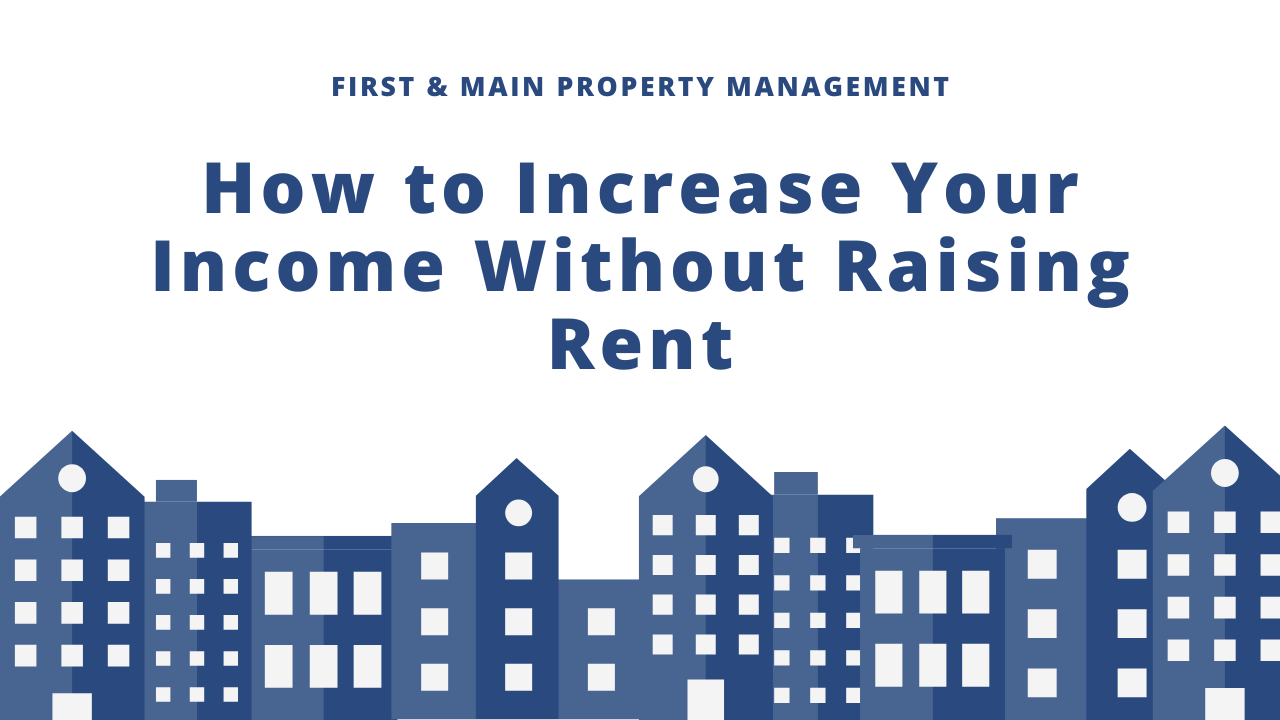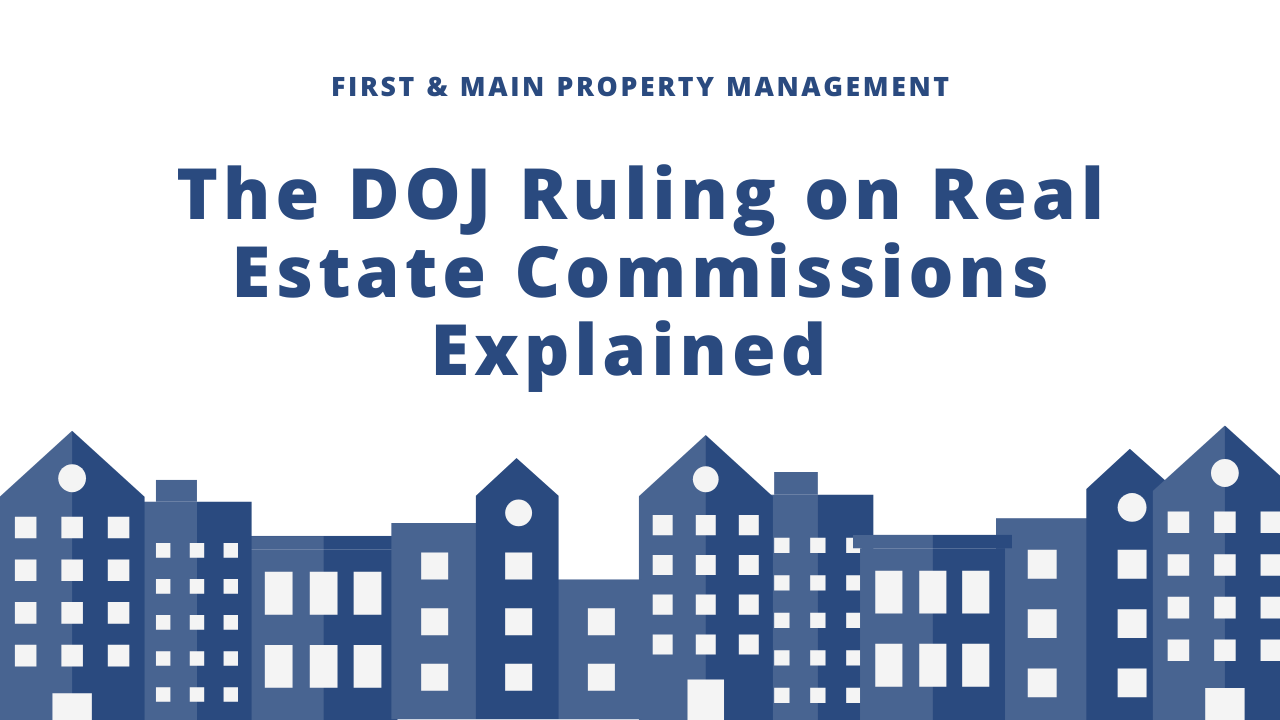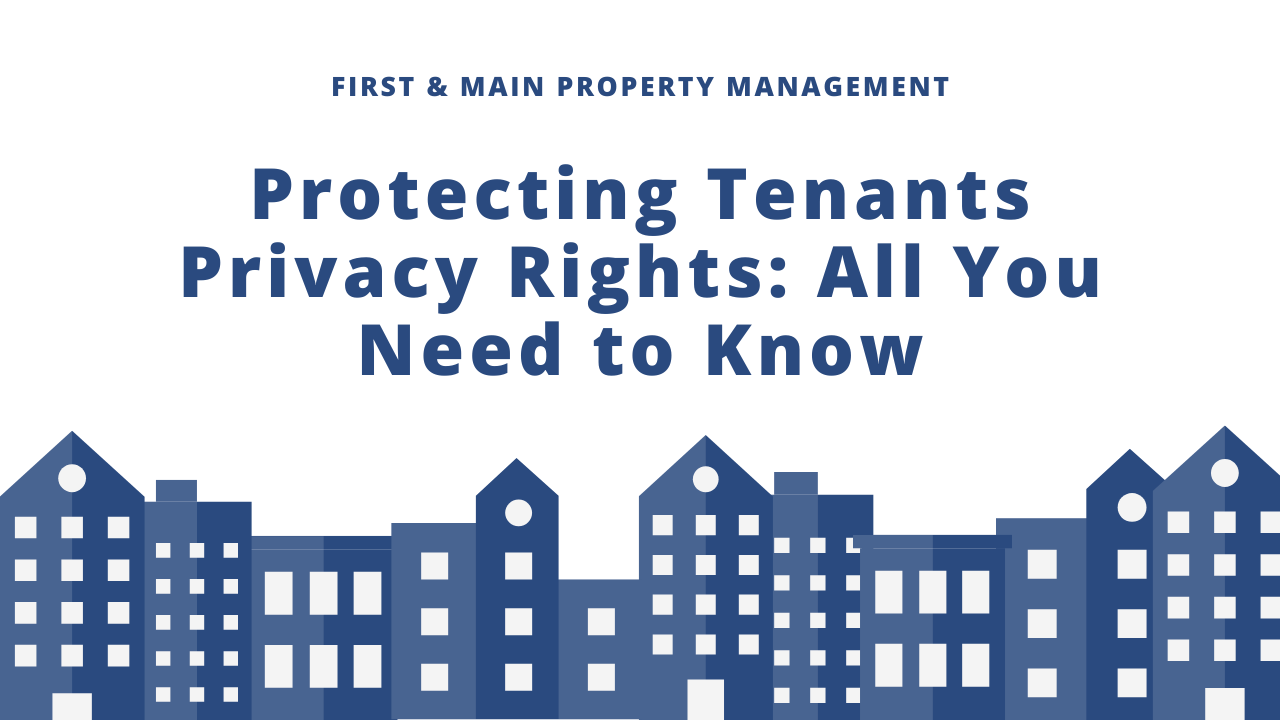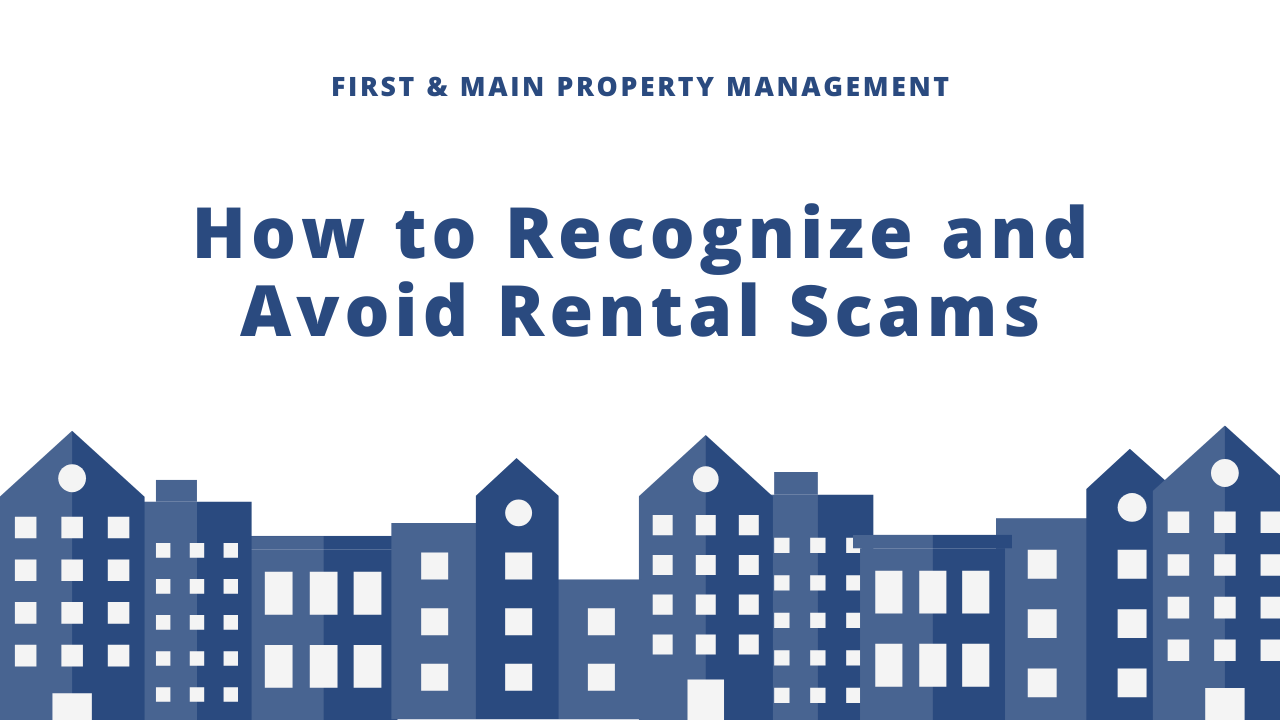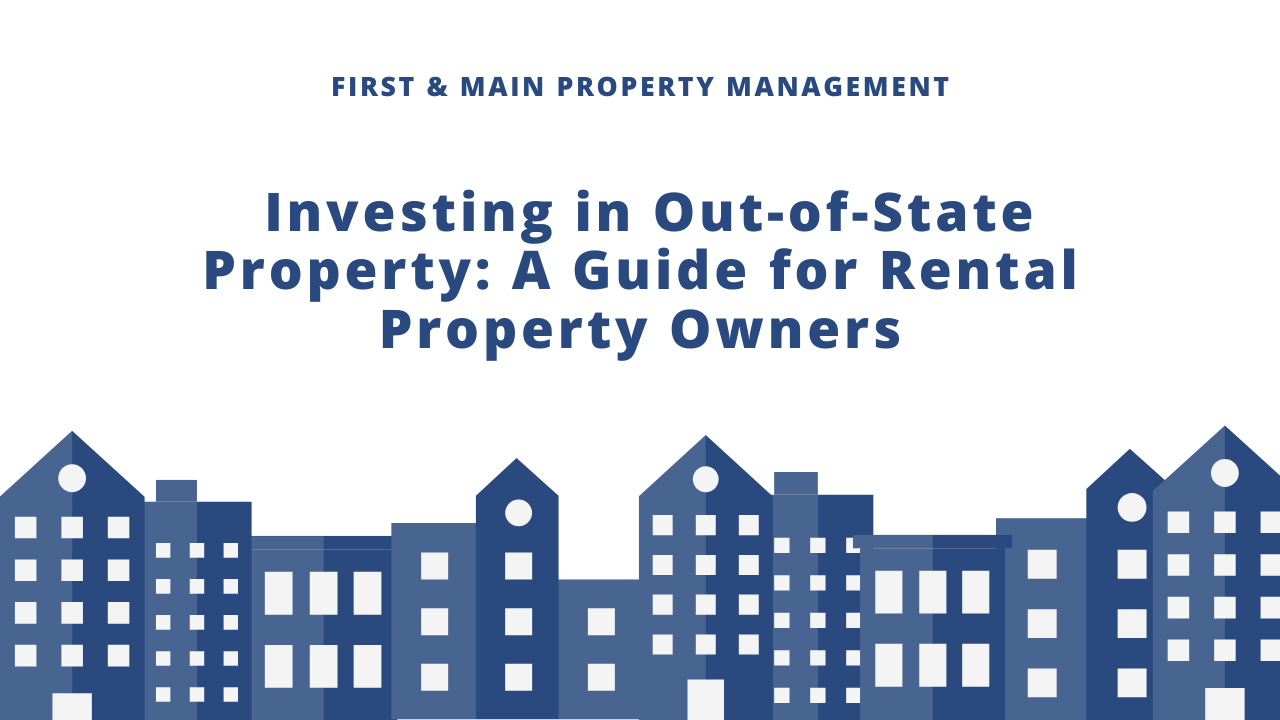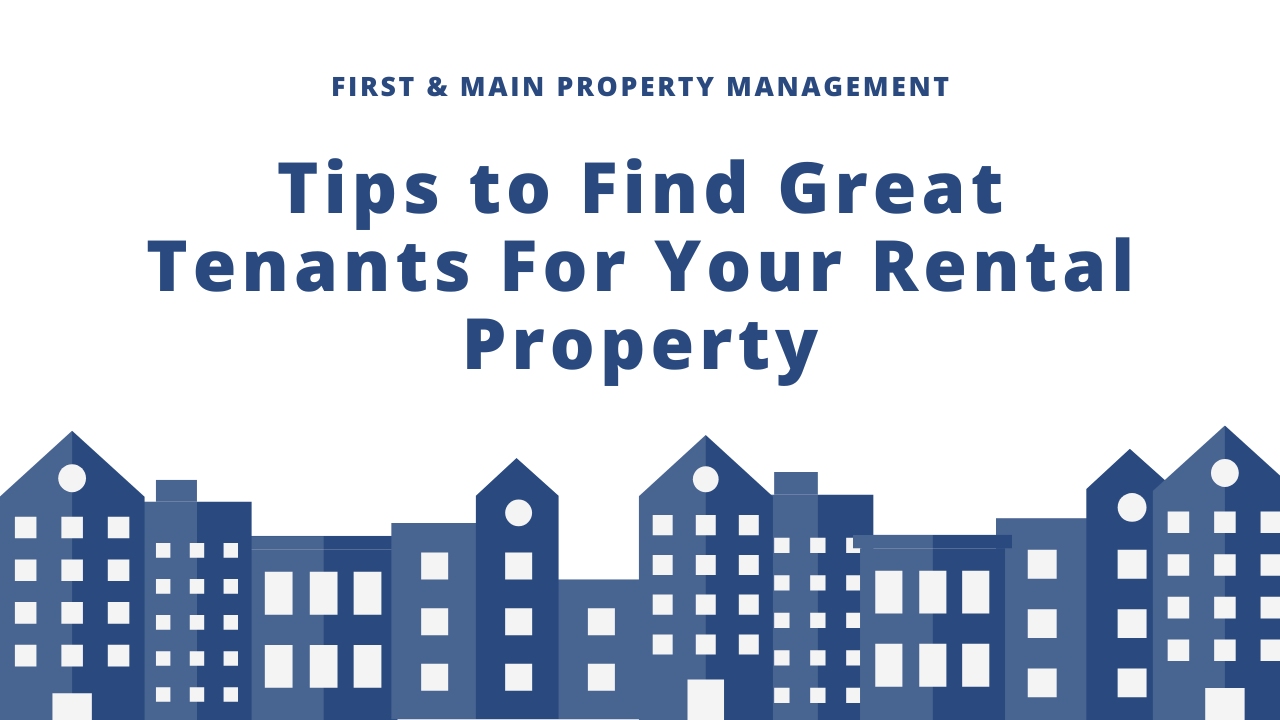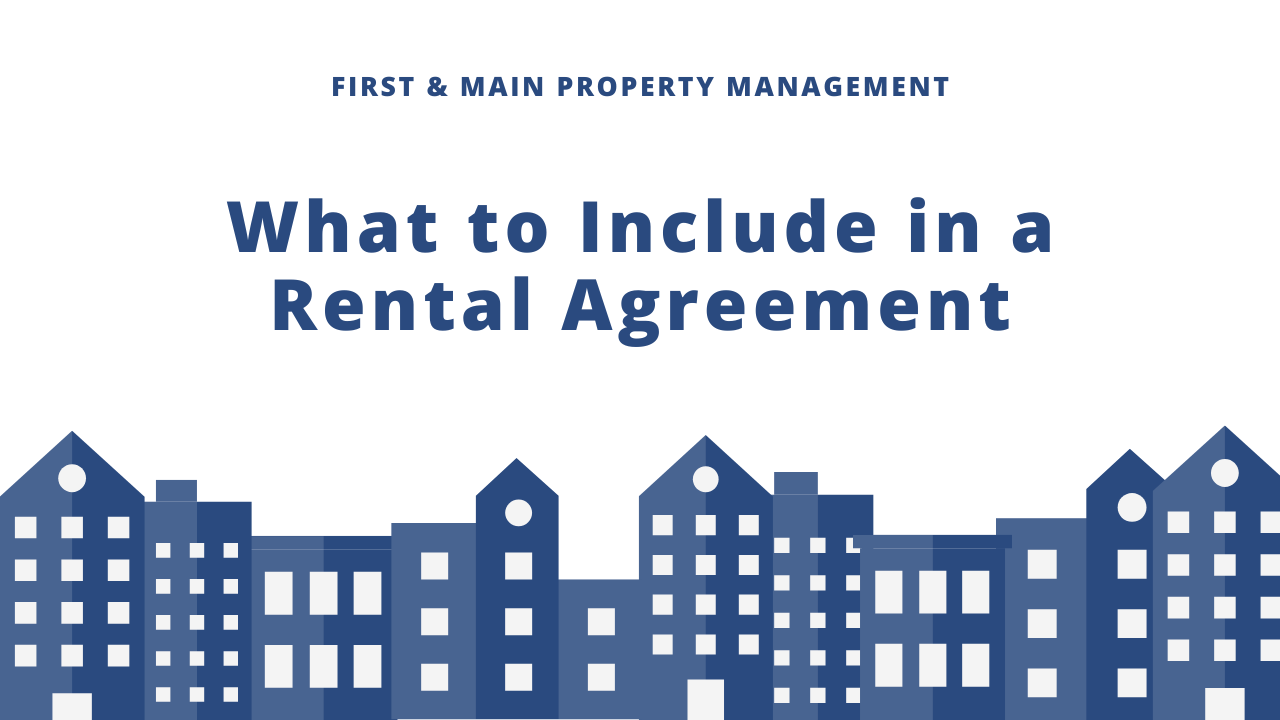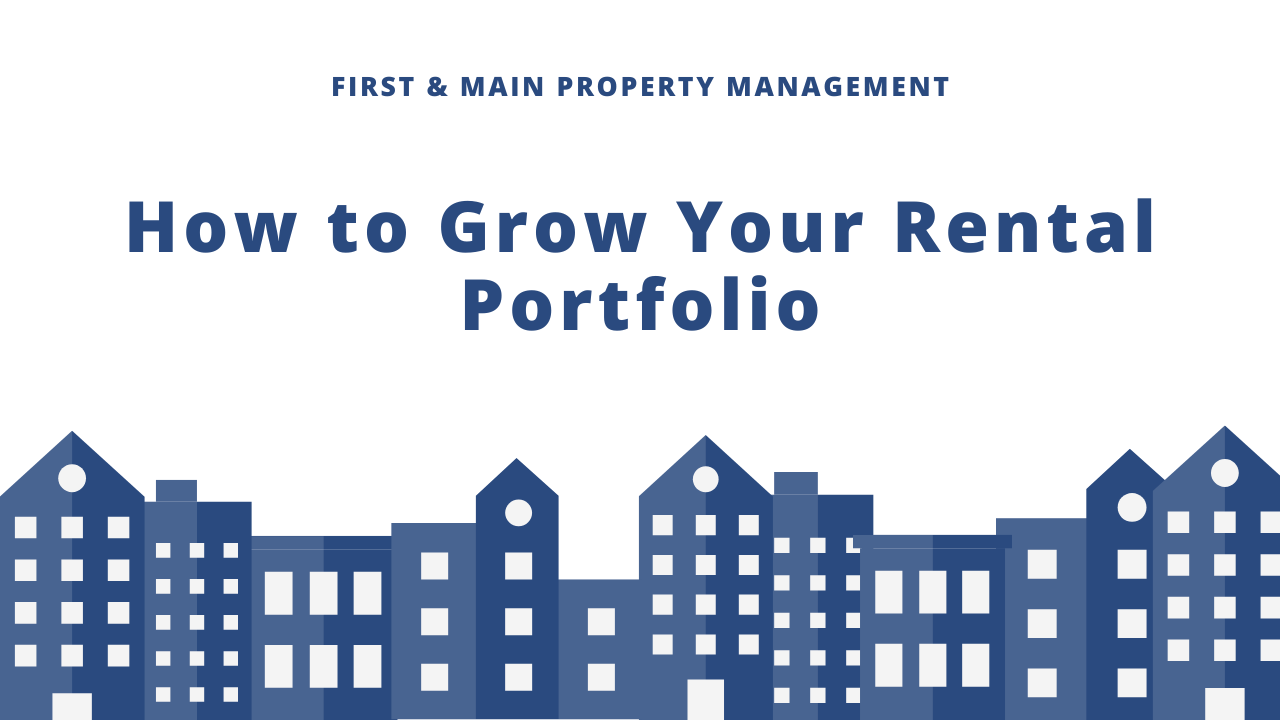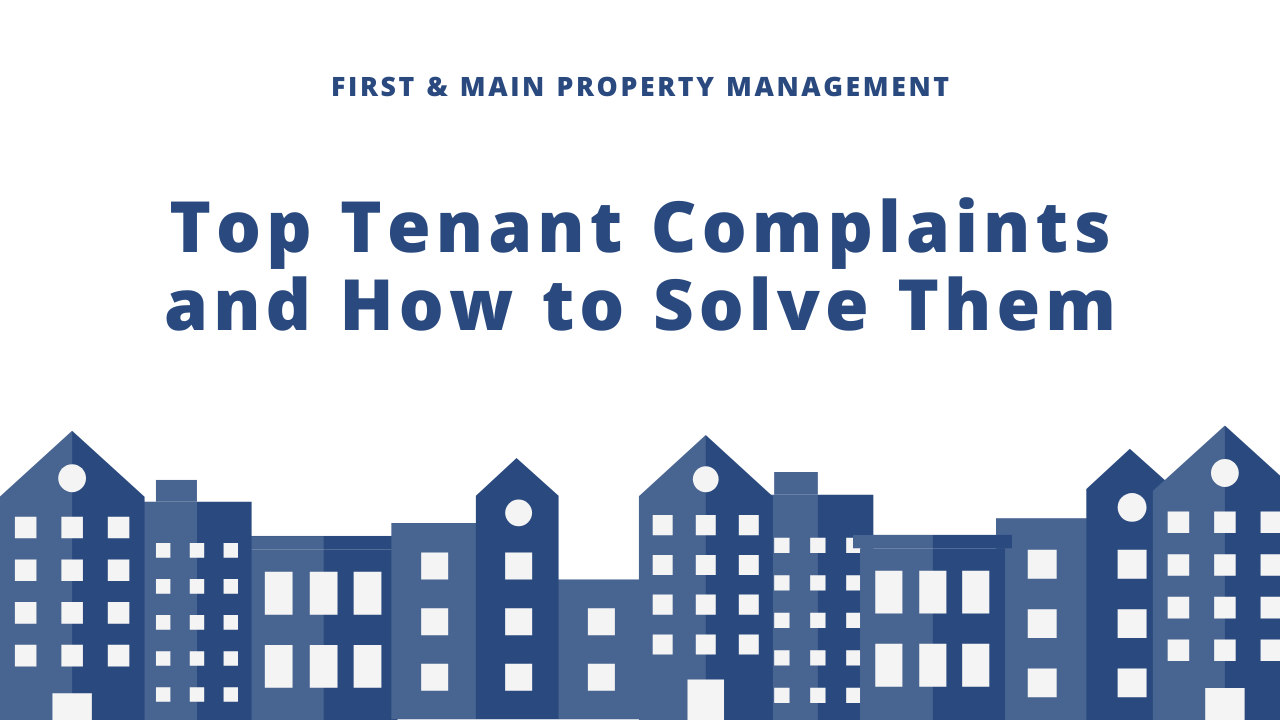California Rental Laws - An Overview of Landlord Tenant Rights in Napa
In California, a landlord-tenant relationship is established either through oral or written agreement. The California landlord-tenant law then gives each party certain rights and obligations when you rent out your property.
As a landlord, understanding the rights and obligations you have regarding your California tenants is key. Not only will the tenancy run smoothly, but you’ll also avoid finding yourself in legal conflicts when you rent out a property.
In this guide, we at
First & Main Property Management will provide landlords with a basic overview of the California landlord-tenant laws. Hopefully, you will find it helpful whether you’re just starting your rent journey or are already a seasoned landlord.
Required Landlord Disclosures in California
Landlords in California are required to make certain mandatory disclosures to their residential tenants prior to them signing the agreement. The disclosures are as follows. rental property

- Lead-based paint. If you are renting a unit built before 1978, federal rules require you to let your tenant know of any lead paint concentrations.
- Bed bugs. Regardless of whether there are bedbugs or not, state laws require that you provide the tenant that rents your property info regarding bed bug infestations. You must do so using the language specific under Civ. Code §§ 1954.603.
- Mold. Landlords must provide their tenant with documentation regarding any known mold.
- Demolition Permit. If you plan on demolishing the rental units, you must let your tenant know before they commit to living in the unit.
- Sex offender registry. You must provide your tenant with information regarding relevant sex offender registries.
- Asbestos. You must make this disclosure to any building that was built prior to 1979.
- Common utility use and payment. You must also disclose to your tenant how utility fees are going to be applied and divided up.
- Smoking policy. Will you require your tenant to abide by a smoking policy? If so, you must make that disclosure to them prior to the tenant moving in.
- Flood zone. You must let a prospective tenant know if your unit is located in a known flood zone.
- Pest control. This is applicable to a rental unit where pesticides are applied.
- Death. Has any tenant died on the unit in the last 3 years? If so, you must make that disclosure to prospective tenants. The only exception is if the cause of the death is HIV or AIDS.
- Military ordinance. This disclosure is applicable to any unit that is located within a mile of known ordnance location with explosive risk.
California Tenant Rights & Responsibilities
As per the California landlord-tenant laws, tenants have several rights awarded when they rent a property that are protected under the real estate law. Tenant rights include:

- The right to a proper eviction process.
- To live in a habitable rental units.
- To have repairs made in the unit within a reasonable period of time.
- To break the rental agreement for legally justifiable reasons.
- To be treated fairly and without discrimination as per the Fair Housing Act.
- To live in peace and quiet.
- To withhold rent if a landlord fails to conduct requested urgent repairs.
Tenants also have several responsibilities under landlord-tenant laws, if they do not comply they could end up in legal problems for breaking the law.
- The tenant must pay rent on time in a legal manner.
- Tenants must notify landlords of needed repairs within a reasonable time frame.
- The tenant should not disturb their neighbors.
- The renter must abide by all terms and policies.
- The tenant should keep their rented premises clean and sanitary.
- Notify the landlord prior to moving out of their housing unit.
- Not to cause negligent damage to the unit.
Landlord Rights & Responsibilities in California
Landlords and investment owners also have rights under the California landlord-tenant laws, these include:
- Entering the rented premises to perform important responsibilities.
- Terminating the rental agreement for an applicable lease violation.
- To ask for a security deposit prior to signing the lease.
- To collect rent at an interval determined by the lease agreement.
- To be notified when a tenant is looking to be away for extended period of time.
- To be notified by a California tenant who is looking to move out at the end of their lease.
Similarly, under state and local laws, landlords have responsibilities such as the following:
- Follow the proper process for evicting tenants.
- To not do a rent increase or add rent control during the life of the lease or rental agreement.
- To follow local rent control laws.
- Make needed or required repairs in a timely fashion.
- Abide by the terms of the lease or rental agreement.
- Maintain the peace and quiet.
- Comply with all habitability codes.
- Provide maintenance services.
- Serve proper written notice to a occupant prior to entry.
An Overview of the Landlord-Tenant Law
Landlord Entry
According to the laws, California landlords have the right to enter their tenants’ unit under certain circumstances. Such as:
- Inspecting the unit for damage.
- When an emergency at the unit threatens the tenant’s health or safety.
- In the event of abandonment of the rental unit by the occupant.
- To show the unit to prospective buyers or tenants.
Before the entry, the landlord must notify their renter beforehand. Specifically, landlords must serve them a 24 hours’ written notice prior to the entry, with the exception of a legitimate emergency situation or if the lease agreement states otherwise.
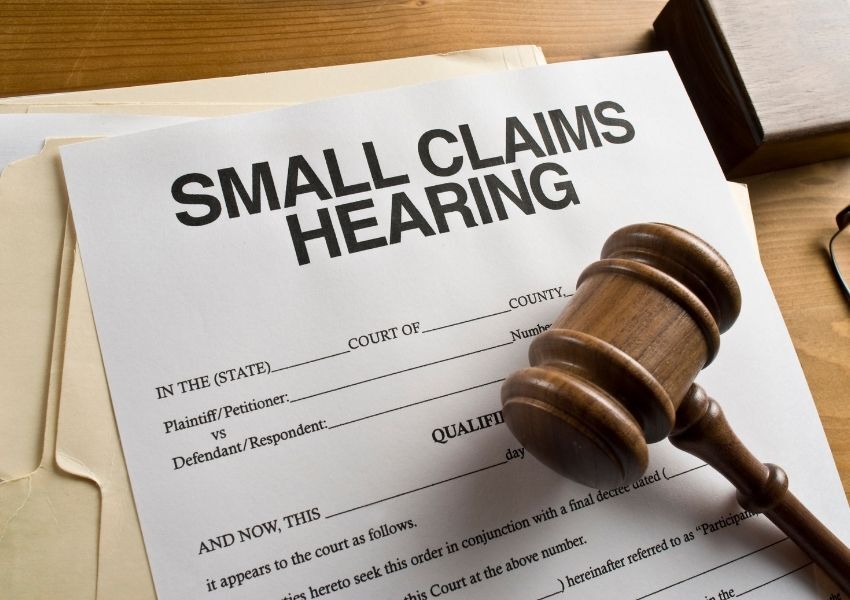
Small Claims Court
According to the laws, small claims courts in California can help resolve disputes related to properties such as a if a renter decides to withhold and not pay rent. The value of the case in contention, however, must not exceed $10,000. Landlords are also limited to filing up to 2 cases amounting to at least $2,500 in a single year.
For written and oral contracts, the statute of limitations is 4 and 2 years respectively.
Changing Locks
Under California law, a landlord isn't allowed to change the locks on their rental unilaterally. Tenants who are domestic violence victims can, however, request their locks to be changed at any time during their tenancy.
Lease Termination
California tenants can break their leases early on the rental unit for any of the following reasons: active military duty, landlord harassment, uninhabitable rental unit, and if there is an early lease termination clause.
If a tenant vacates the unit and breaks the lease without providing a valid reason, this can result in small claims court.
Security Deposit Rules
California landlords must abide by certain rent deposit rules.
The following are some of these California security deposit laws:
- The amount of rent deposit should not exceed two months' rent for unfurnished rentals. For furnished apartments, the security deposit cannot exceed three months' rent.
- Landlords must return the rent deposit within 21 days once the tenant moves out.
- Landlords must only make deductions to the security deposit for legitimate reasons, such as unpaid rent. This would come in the form of a repair and deduct remedy.
Typically, most California landlords do not need to pay interest on security deposits.
For more on security deposit laws, read our post here.
Bottom Line: California Landlord-Tenant Law
As a landlord, understanding California law, especially the landlord-tenant laws, should be something you are working towards. But we understand that the laws in California can be complex. It's not just simple, like tenants have to pay rent and you have to collect it. There are many laws that must be followed.
So, if you or any other landlords have any questions, please don’t hesitate to contact us!
If you are a landlord, check out our blog for more information about lease and rental agreements, as well as other laws in California.
Disclaimer: This blog for landlords isn’t a substitute for professional legal advice. California laws change frequently. For expert help on federal and state laws, please seek help from a qualified attorney or an experienced property management company.

